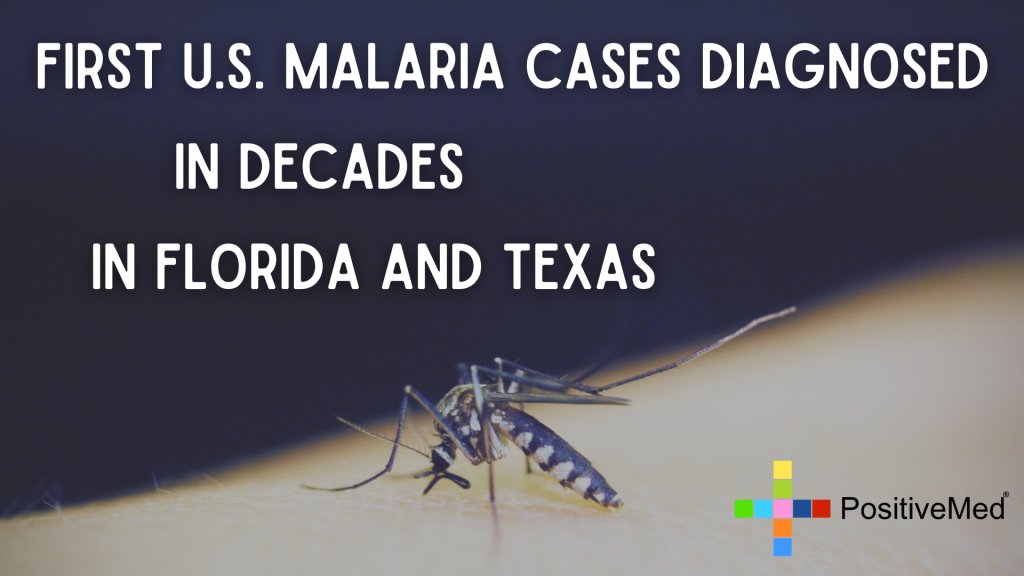
The recent identification of locally acquired malaria cases in Florida and Texas has raised concerns among health authorities. The Centers for Disease Control and Prevention (CDC) issued a Health Alert Network (HAN) Health Advisory to inform clinicians, public health authorities, and the public about these cases and the need for prompt action. This article explores the background of the cases, the potential increase in imported malaria cases due to international travel, and the importance of planning for effective treatment.
Locally Acquired Malaria Cases in Florida and Texas:
The CDC is collaborating with state health departments to investigate the cases of locally acquired mosquito-transmitted Plasmodium vivax malaria. Although there is no evidence to suggest a connection between the cases in Florida and Texas, active surveillance and mosquito control measures are underway in both states. It is important to note that locally acquired mosquito-borne malaria has not occurred in the United States since 2003. While the risk of local transmission remains low, it is essential to remain vigilant, especially in areas where Anopheles mosquitoes are present and travelers from malaria-endemic regions are found.
Increased Risk of Imported Malaria Cases:
The summer of 2023 is expected to see a rise in international travel among U.S. residents, returning to pre-COVID-19 pandemic levels. This increase in travel heightens the risk of imported malaria cases. Most malaria cases in the United States are imported, with travelers contracting the disease in countries where malaria transmission occurs, particularly in sub-Saharan Africa and South Asia. Clinicians should consider malaria as a possible cause of febrile illness in individuals with a history of international travel, regardless of the destination.
Symptoms and Treatment of Malaria:
Malaria is a serious and potentially life-threatening disease transmitted through the bite of an infected mosquito. Symptoms include fever, chills, headache, fatigue, and muscle aches. If left untreated, malaria can progress to severe disease, causing organ dysfunction and even death. Prompt diagnosis and treatment are crucial to prevent complications and limit transmission. Healthcare providers should be prepared to rapidly evaluate suspected cases and initiate appropriate treatment. The CDC provides detailed guidelines for the diagnosis and treatment of malaria in the United States.
Recommendations for Clinicians, Hospitals, and Public Health Officials:
Clinicians should consider malaria in patients presenting with fever of unknown origin, especially those with a recent travel history to malaria-endemic areas. Timely diagnosis, treatment, and reporting of suspected or confirmed cases are essential. Hospitals and laboratories should ensure access to malaria diagnostic tests, stock appropriate antimalarial medications, and have plans in place for emergency procurement. Public health officials play a vital role in outreach and education, including preventive measures, mosquito surveillance, and coordination with mosquito control programs.
Importance of Public Awareness:
Individuals traveling to areas where malaria is endemic should be aware of the health risks and take precautions to prevent mosquito bites. It is advisable to consult healthcare providers for recommended malaria chemoprophylaxis before, during, and after travel. Anyone experiencing fever, chills, headache, body aches, and fatigue after traveling to malaria-endemic regions should seek medical care and inform healthcare providers about their travel history.
The recent cases of locally acquired malaria in Florida and Texas highlight the importance of remaining vigilant, especially in areas with Anopheles mosquitoes and among travelers returning from malaria-endemic regions. By promptly diagnosing and treating malaria cases, healthcare providers, hospitals, and public health officials can prevent severe disease, limit transmission, and protect public health. Public awareness and adherence to preventive measures are crucial in mitigating the risks associated with malaria and other mosquito-borne illnesses.





